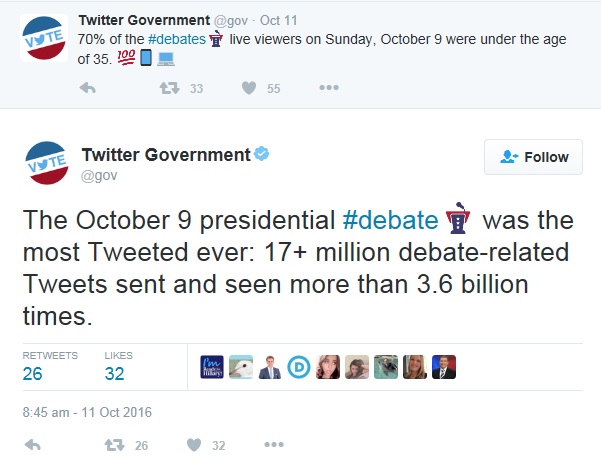I am delighted that Facebook and YouTube will be offering a platform for the public to quiz the party leaders and that the punters will get to choose the questions. But it is clear that the politicians will not go live and it will not be interactive. So only two cheers from digital democracy.
The CNN YouTube debates during the US Presidential primaries were more lively because at least the video questions were put to the candidates in a live studio debate. But it was the broadcaster that chose the questions.
At least this time you will be able to select the subjects you want raised by voting online. That process may be vulnerable to people gaming the vote, but with a bit of luck it will provide more varied and even amusing questions than those posed by the Today Programme or Question Time.
But there will be no opportunity for live interaction or a response from the public to whatever the politicians say. So this is not a real debate with the politicians – although voters will be able to talk amongst themselves online.
And who will benefit most? Gordon Brown did not have a happy time of it when he went on YouTube or Mumsnet but I am not sure that David Cameron or Nick Clegg are particularly engaging on the small screen either. If any of them can actually go off script and give an honest, personal and direct answer then I suspect they will gain the most respect.
Digital platforms are not going to decide this election and that’s how the politicians want it. The idea of a genuine two-way interactive debate with real people is precisely what scares them most.



